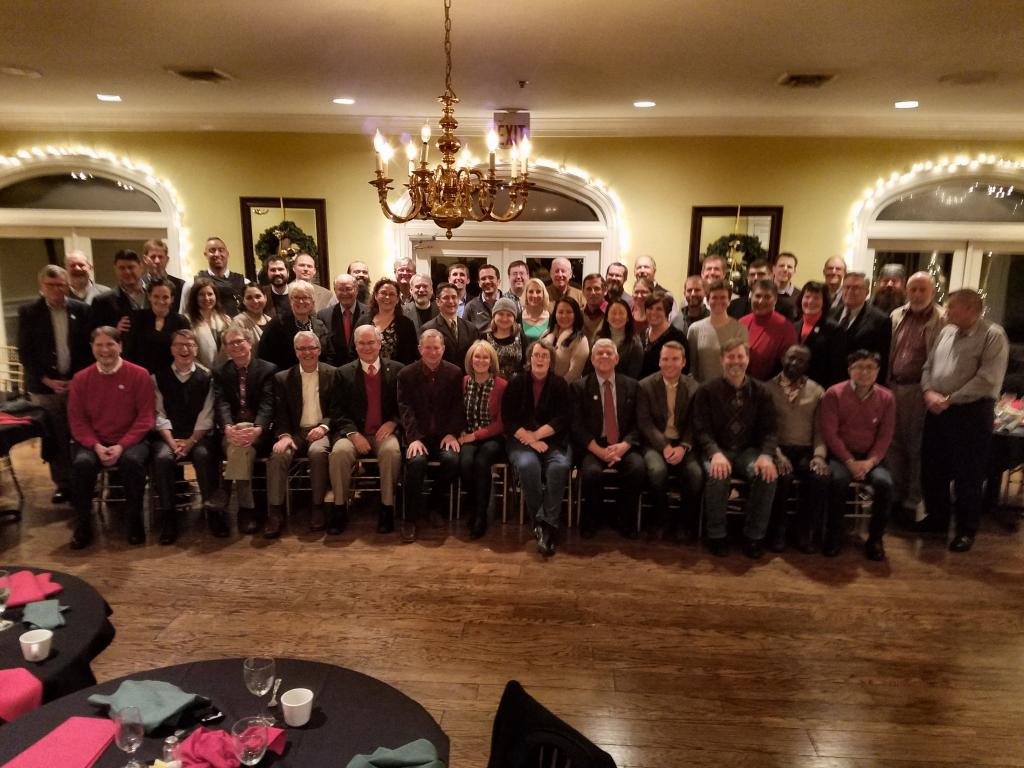In the next two blog posts, the authors provide a precis or summary of each chapter in the book. One preliminary comment is in order. A book should always be evaluated on the basis of what it is attempting to do. This book, though written by Protestants, is not in fact basically a Biblical critique of the Roman Catholic tradition, though some Biblical arguments of course come into play here and there of necessity. No, these two scholars have stuck... Read more














